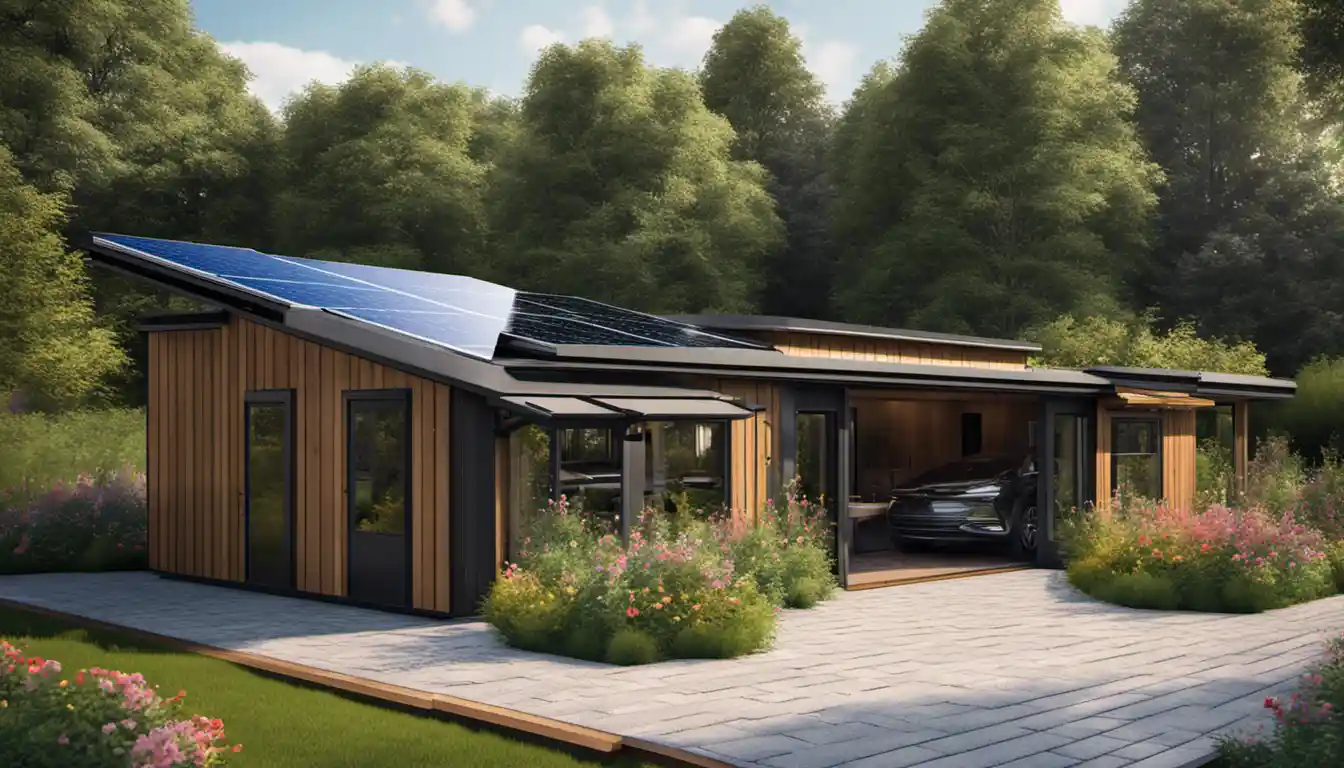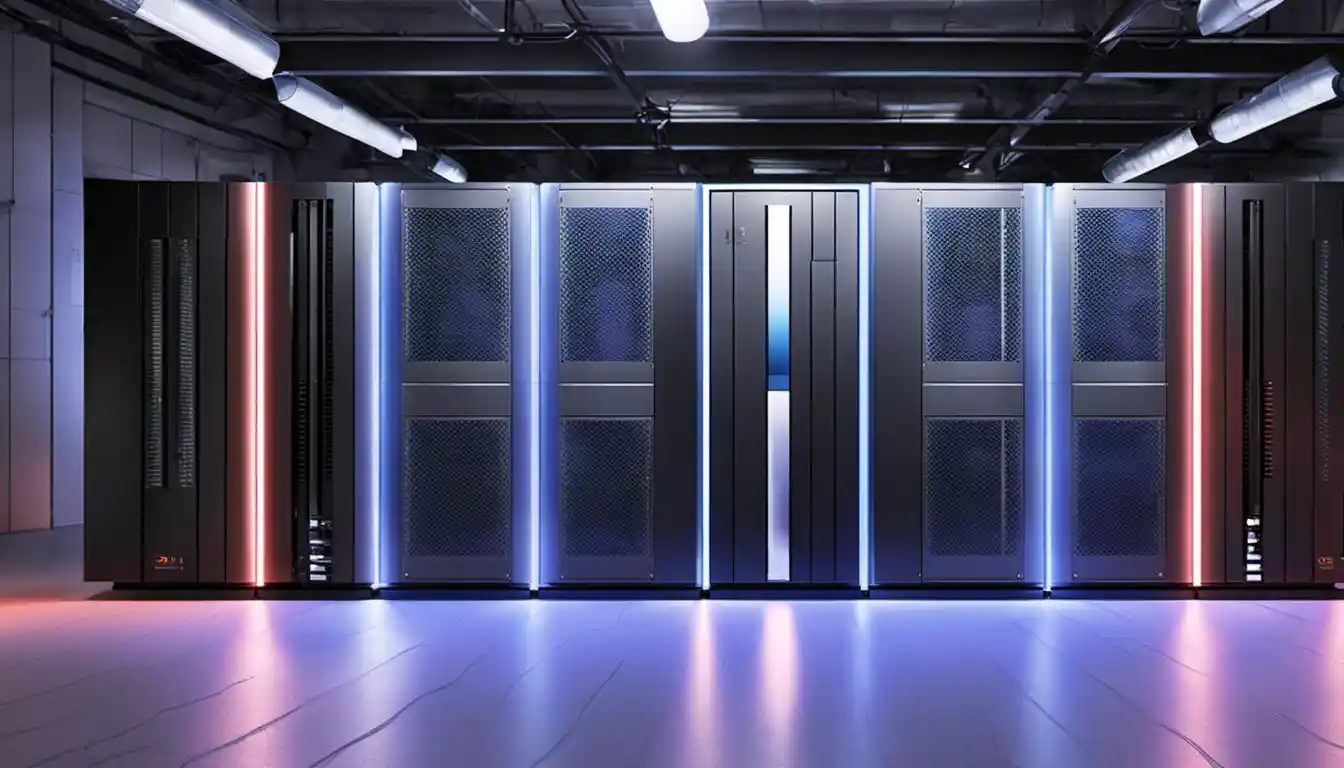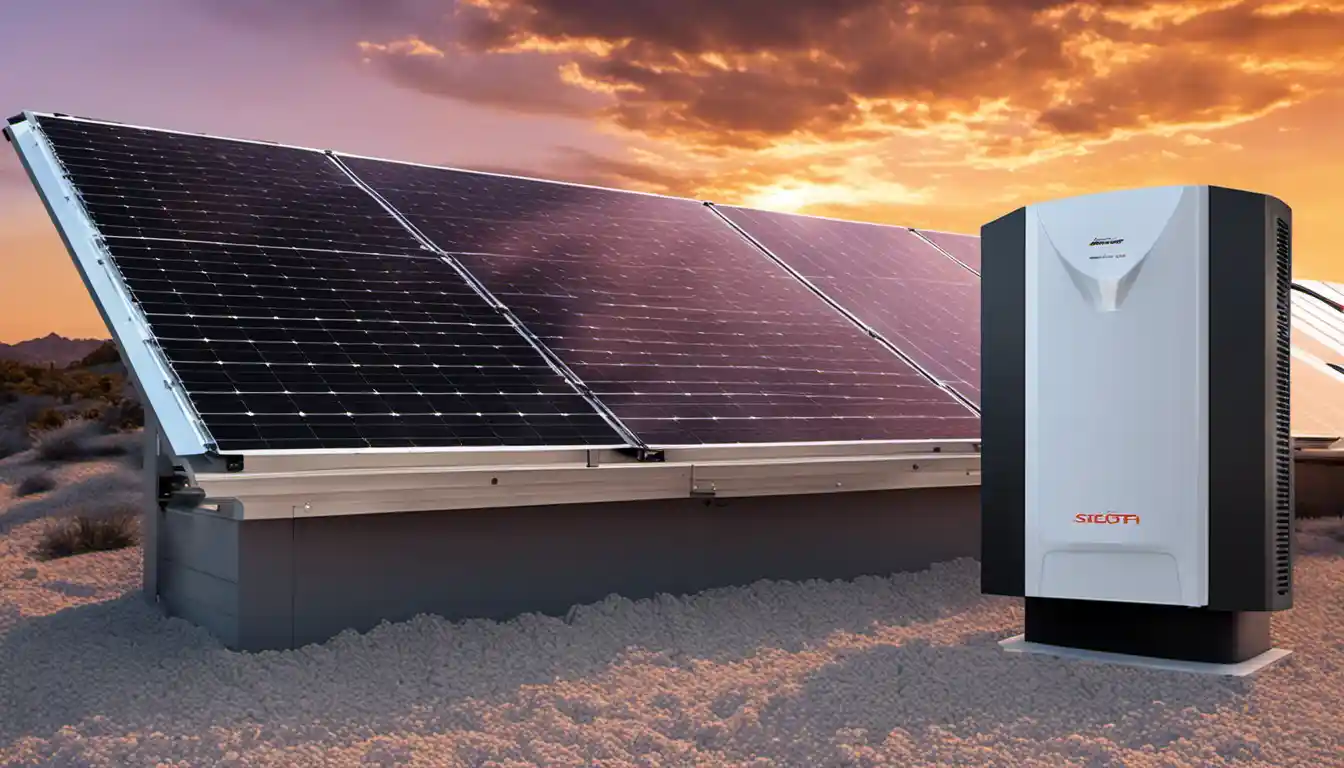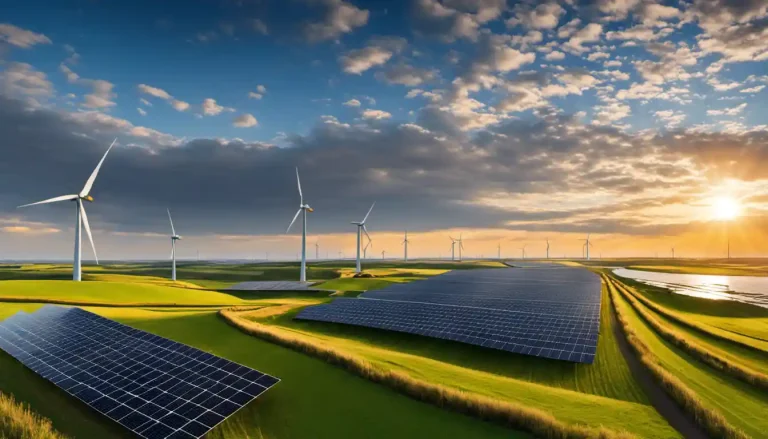Introduction to Hybrid Solar Systems
The best hybrid solar system can depend on various factors including your energy usage, frequency of power outages, and your budget. However, well-regarded options often include the Tesla Powerwall 2.0 with SolarEdge and LG Chem with SolarEdge. These systems not only provide solar power but also includes a battery storage system for backup power.
What is a Hybrid Solar System?
Think of a hybrid solar system like your favorite superhero, able to draw upon multiple abilities to get the job done. In this case, the hybrid solar system harnesses the sun’s energy when it’s available (daytime), stores excess energy in batteries for use during power outages or peak tariff periods, and can even draw from the grid when needed. But what really sets it apart is its plug-and-play compatibility with your home’s existing electrical infrastructure.
See also: What is a Hybrid Solar System? An In-Depth Guide to Modern Energy Solutions
Types of Solar Systems
Before we delve deeper into our topic, let’s quickly touch base on the basic types of solar systems available on the market.
Grid-tied Solar System
Just as the name suggests, a grid-tied solar system is connected to the local utility grid. The solar power that this system generates during the day is first used to power your home. Any surplus is fed back into the grid.
Off-grid Solar System
On the other hand, an off-grid solar system is completely independent of the grid. All the electricity you need is produced by your solar panels and stored in batteries. Off-grid systems are typically found in remote areas where grid connectivity is either unavailable or too expensive to install.
Hybrid Solar System
Against this backdrop, the hybrid solar system for home use is a blend of the two aforementioned options. It combines the reliability of grid connectivity with the self-sufficiency and independence of off-grid solar systems.
How a Hybrid Solar System Works
A hybrid solar system works by allowing you to use solar, grid power, and battery-stored power. Further, with the right inverter, you can even feed excess power back into the grid for utility credits.
During the day, solar panels soak up the sun’s rays, converting them into electricity for immediate home use while the surplus charges the batteries. When the sun goes down or during times of insufficient solar production due to weather, you can draw power from your batteries. And when the batteries are depleted, you can seamlessly switch to the grid.
Advantages

and Disadvantages of a Hybrid Solar System
Before deciding on the best hybrid solar system for you, it’s essential that you weigh the pros and cons.
Advantages
- Uninterrupted Power Supply: With a hybrid system, power outages are a thing of the past. You can count on your battery to kick in when the grid goes down.
- Energy Independence: By producing and storing your own electricity, you minimize reliance on the grid, leading to cheaper energy bills.
- Grid Interaction: The option to feedback into the grid can mean additional savings or credits toward your bill.
Disadvantages
- Initial Investment: Compared to a traditional grid-tied system, hybrid systems have higher upfront costs, largely due to the additional cost of purchasing and installing batteries.
- Maintenance: Battery maintenance and eventual replacement must also be considered in the total cost of the system.
Key Components of a Hybrid Solar System
A typical hybrid solar system is composed of solar panels, a hybrid inverter, charge controller, batteries, wiring and switchboard connections, and bracketing. Solar panels and batteries are pretty familiar to most, but the real brains behind a hybrid solar system lies within the hybrid inverter – a critical component that warrants careful selection. This brings us smoothly to the best options available on the market.
Top 7 Best Hybrid Solar Systems
A well-curated list of best hybrid solar systems awaits your perusal:
Tesla Powerwall +
Notoriously renowned in the world of electric cars, Tesla also offers one of the best hybrid solar systems on the market. The Tesla Powerwall + is an all-in-one solution that provides everything you need to harness solar power and store it for later use.
Generac PWRcell
Generac has been a trusted name in power generation and storage for many years, and their PWRcell hybrid system lives up to their reputation. It offers exceptional power capacity, with optional expansion for even greater capacity.
First Solar
A leading global provider of solar energy solutions, First Solar’s hybrid system emphasizes efficiency and reliability.
Panasonic Energy Solution
Panasonic’s offering, though on the pricier end of our list, is backed by quality components and a trusted brand. Batteries in a Panasonic hybrid system can last for more than 3,000 cycles.
BSLBATT Energy Storage System

BSLBATT’s system features batteries with high energy density and long cycle life, backed up by a 10-year warranty.
BLUETTI Portable Power Station AC200P
Interestingly, BLUETTI’s hybrid solar system is also portable! It’s an excellent solution for those fond of camping or those with RVs. It features a sizeable battery capacity and a multitude of output options.
EF ECOFLOW DELTA Max
EF ECOFLOW offers a high-powered yet compact hybrid solar system. It’s notable for its quick recharge rate and array of output ports.
How to Choose the Best Solar Inverter for Your Home
The inverter is the heart of any solar system, converting the DC electricity from your panels into AC current that your home can use. Therefore, good care needs to be taken when choosing one.
Picking the right installer
Go for a solar company that is renowned and provides warranty services. Examples of such companies include Outback Power, SMA, and Schneider Electric.
System functionality and compatibility
Make sure the inverter can handle all the energy that your panels can produce and is compatible with the type of solar panels and batteries you are implementing in your system.
Inverter size
Depending on the size of your photovoltaic system, you have to consider the size of the inverter. Ideally, the inverter should be able to handle 20-30% more power than your solar system will produce.
Warranty
A longer warranty period usually implies a more reliable product.
Inverter efficiency

The inverter efficiency should be more than 94%. Otherwise, much of the power produced by the solar system could be lost during the conversion process.
Apps and user interface
How user-friendly is the application/system’s configuration and monitoring system? Being able to monitor your own system not only keeps you engaged but also allows you to spot and address issues promptly.
After figuring things out, you’ll need to determine whether or not a hybrid solar system for home use is perfect for you.
When to Consider a Hybrid Solar System for Your Home
Many homeowners find the best local solar installers and get their hybrid solar system installed right away. But is it the right choice for everyone? Here are a few factors to consider.
Power Outages
If power outages are common where you live, a hybrid solar system can provide much-needed energy security.
Eligibility for Net Metering
If your energy provider lets you sell back excess solar to the grid, a hybrid solar system can balance power generation with home usage and grid export.
Energy Tariff Variations
When energy rates fluctuate throughout the day, the best hybrid solar system can store up power during off-peak times and use it during peak times, saving you money.
Availability of Finances
While a hybrid system is typically more expensive than a traditional solar PV system due to the added cost of batteries, the long-term savings on energy bills could offset this.
Conclusion
Despite its higher upfront cost, the best hybrid solar system offers a smart, future-ready solution to sustainable energy usage in your home. With flexibility, energy independence, and potential cost savings over time, hybrid systems are increasingly becoming the choice for home solar installations worldwide.
Remember, each household has its unique energy requirements. Therefore, it’s always wise to consult with a solar specialist to install the best hybrid solar system that’s right for your home.
The Future of Hybrid Solar Systems
The sky’s the limit, quite literally, when considering the grand potential of solar power. New advancements in hybrid solar systems, improvements in battery storage capabilities, and favorable government incentives are making solar more attainable than ever before. It’s safe to say, the future of hybrid solar systems is not just bright; it’s dazzling.



